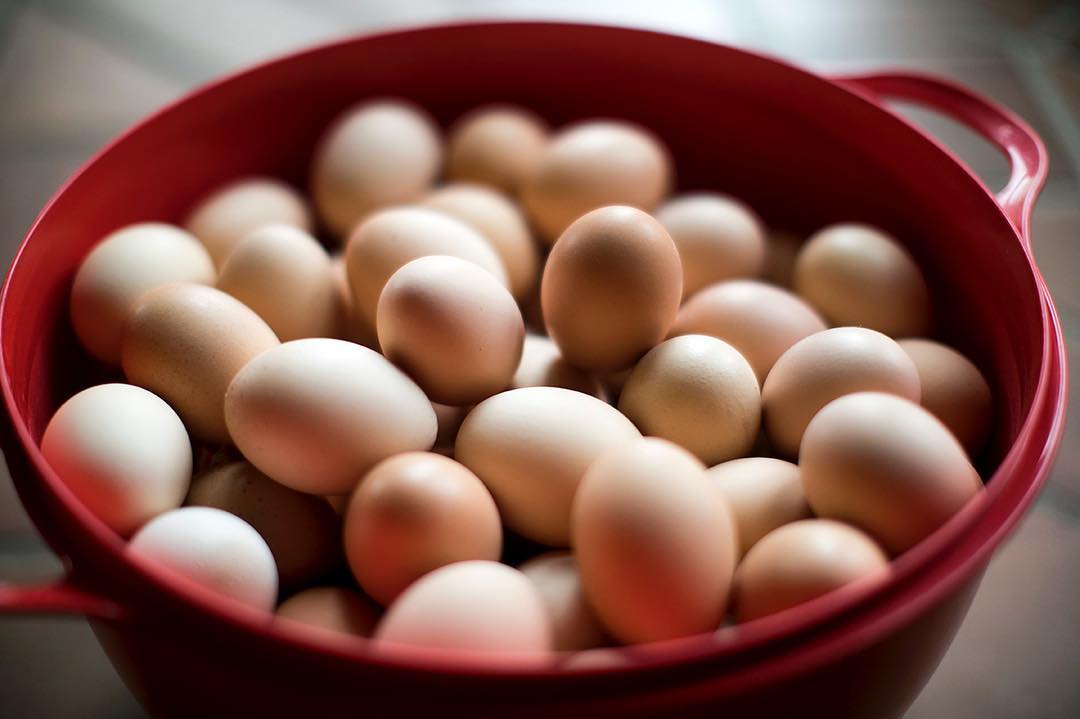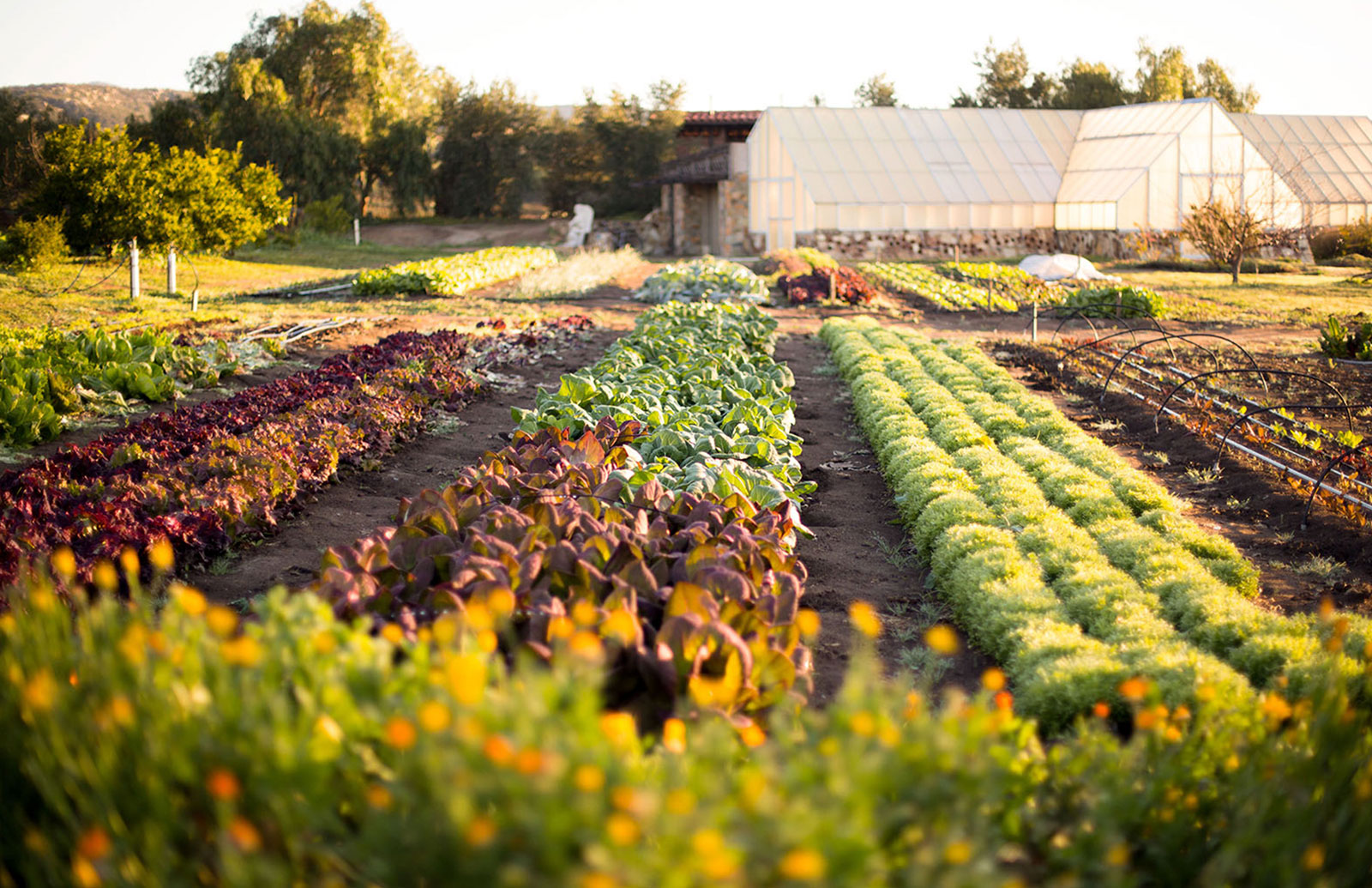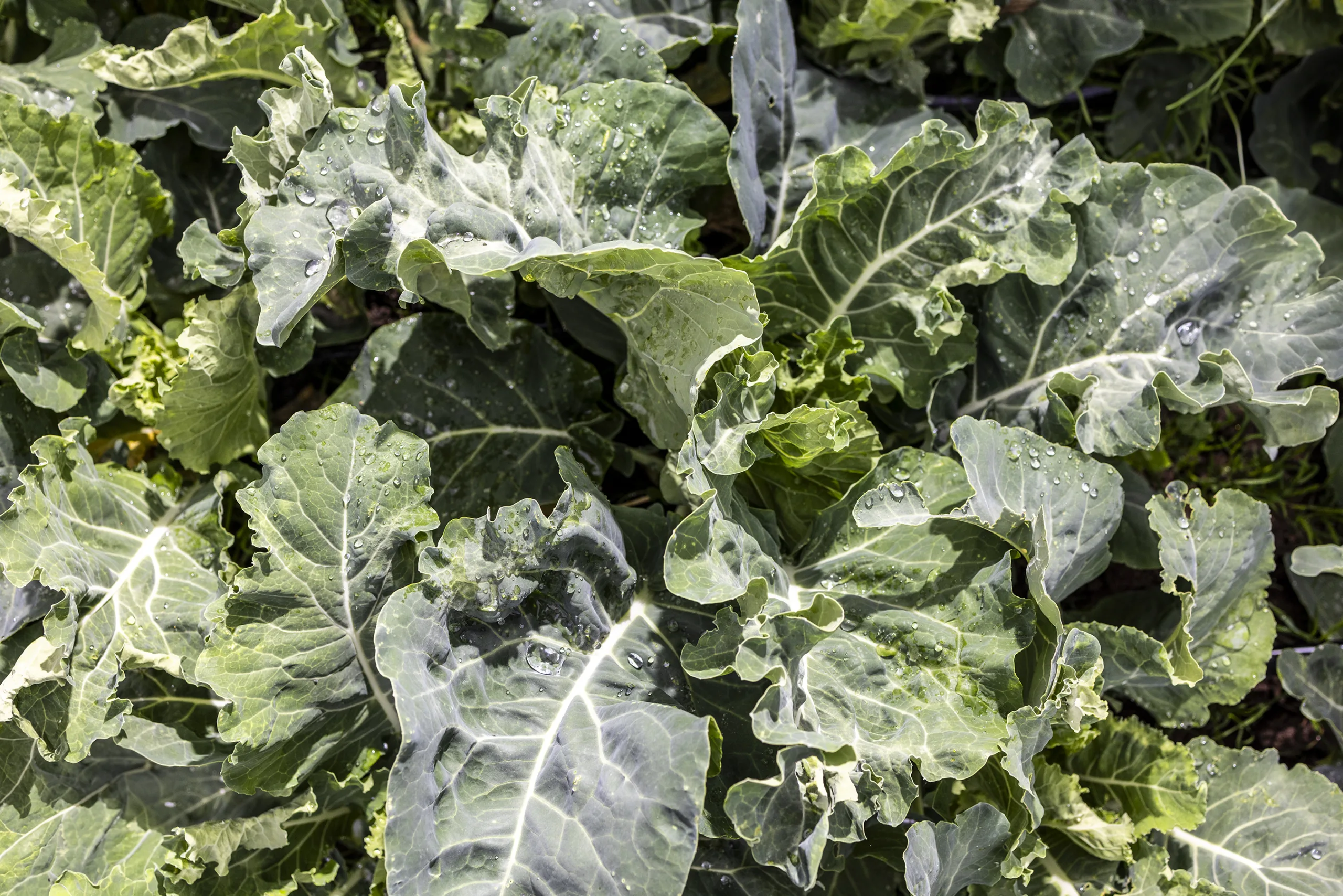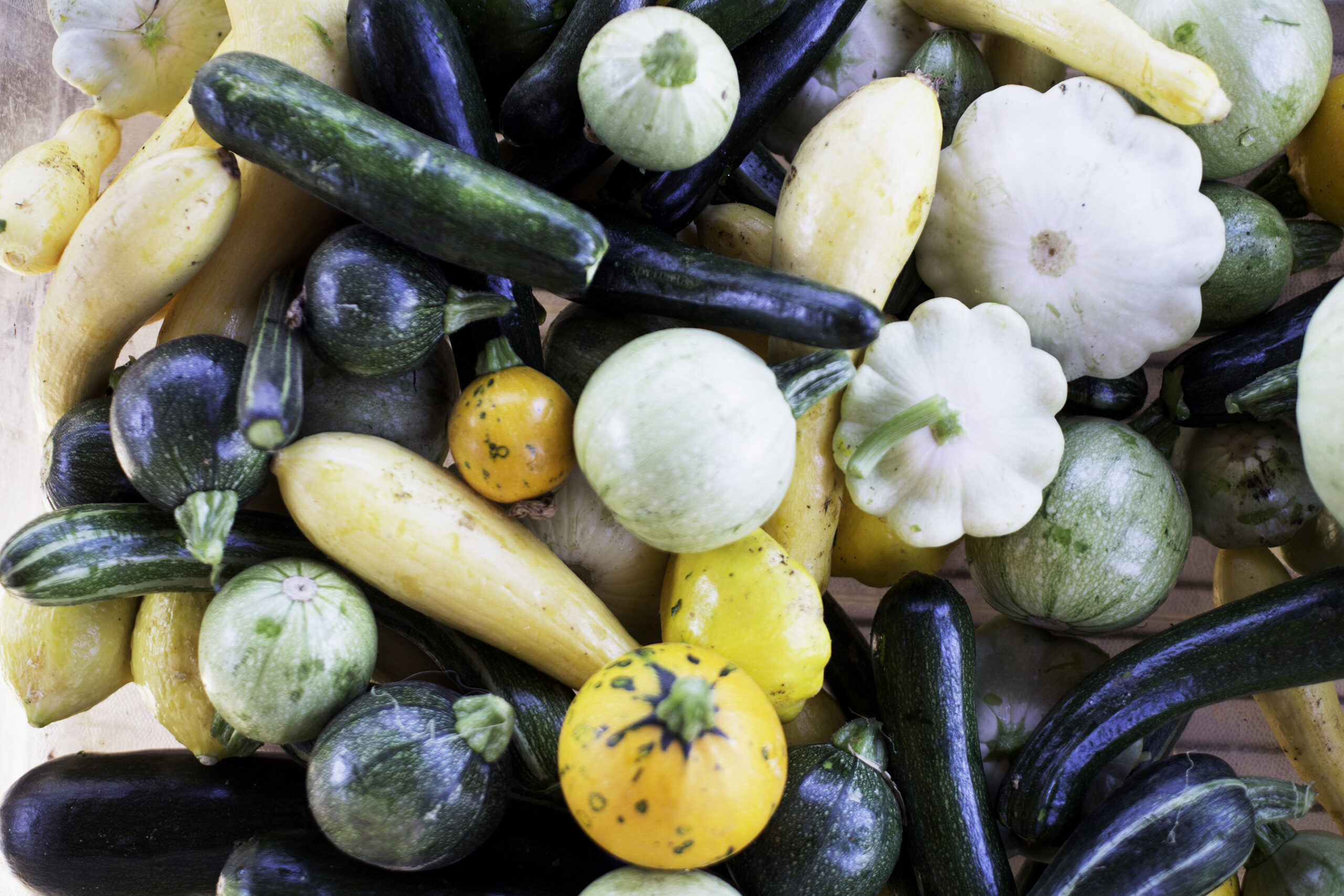Protein: How Much Is Enough?

As the Registered Dietitian for Rancho La Puerta, I receive many questions about the protein served at The Ranch. Seafood, eggs, nuts, seeds, legumes, some dairy products, and to a lesser extent, vegetables are the proteins served at The Ranch. When considering all sources of protein, a typical day of meals at The Ranch provides 60-80 grams of protein. The Ranch has a pescatarian vegetarian food philosophy similar to the Mediterranean Diet: plant-centric and nutrient dense.
Looking at the protein requirements recommended by the Academy of Nutrition and Dietetics and the American College of Sports Medicine, you can see how easy it is to get enough protein on a well-planned vegetarian pescatarian menu.
The average person who works out about 1 hr a day, five days/a week
0.8-1.2 grams/kg body weight
135 lb person (61kg)
50 – 61g protein/day
The average person who works out over 1 hr a day, 5-7 days/wk
1.0-1.5 grams/kg body weight
150lb person (80kg)
68 – 74g protein/day
College or Professional athlete during in-season training
1.2-1.5 grams/kg body weight
195lb person
The Ranch menu is planned with 30-40g of protein at each meal, meeting the needs of most guests. In addition to the planned menu, breakfast and lunch are buffets that offer different legumes, grains, eggs, nuts, and vegetables that can add more protein to a meal.
For example, look at a 170lb (77kg) male who is moderately active, usually exercising five days a week for up to an hour. Here are some foods and their protein content that he may include in his meals at the Ranch.
Breakfast –
Two eggs—14g
1/2 cup cooked black beans – 7g
½ cup tomato as salsa – 1g
½ cup mushroom – 2g
½ cup avocado – 1g
Lunch – 1 cup lentil soup- 13g
1/2 cup quinoa – 4g
2 cups raw spinach – 2g
1 oz cheese—6g
1 tbsp chopped walnuts – 1g
Snack – ¼ cup guacamole with edamame – 3g
Dinner – 4 oz. fish – 28g
1 cup green beans – 2g
½ cup coconut curry sauce – 1g
Small dinner salad – 2g
1 cup soup – 3-10g
This example is likely a light day of eating, and he still gets more than 85 grams of protein (1.1g/kg), which is adequate for muscle preservation and regeneration.
A confusing and reductionist way we often refer to protein is that animal protein is ‘complete’ and plant protein is ‘incomplete.’ Protein contains amino acids, some called essential because they need to be provided by food. Amino acids that the body can make are called non-essential amino acids. Individual proteins of animal origin contain all essential amino acids. Getting all essential amino acids when eating a plant-based diet requires eating a variety of plant proteins. For example, a serving of fish has all essential amino acids. You will need to eat both legumes and grains to get all of the amino acids when only eating plants. The takeaway is that a daily variety of legumes, vegetables, nuts, seeds, and grains will provide adequate amounts of all amino acids. Plant proteins do not need to be combined at individual meals to be adequately utilized by the body.
The Ranch offers an incredible variety of nutritious food with plenty of protein. Breakfast and lunch buffets allow you to self-select food you need to feel good during your stay, while our dinner menus provide a third of your daily needs. My advice is to savor each bite, enjoy the artistry of our food, and bask in its nourishment!
 Registered Dietician Linda Illingworth is the founder of Nutrition Muse and current Director of Nutrition at Lifewellness Institute in Point Loma, CA. She is responsible for patient clinical care and corporate wellness education for local and international corporations. Using the premise that ‘every molecule in your body is sourced from food’, she focuses on food as the foundation for health. She supports her clients through lifestyle changes to make the most impact on health. As a certified specialist in Sports Nutrition, Linda also has specialized training in food sensitivities, supplementation, wellness, thyroid, and cardiovascular nutrition.
Registered Dietician Linda Illingworth is the founder of Nutrition Muse and current Director of Nutrition at Lifewellness Institute in Point Loma, CA. She is responsible for patient clinical care and corporate wellness education for local and international corporations. Using the premise that ‘every molecule in your body is sourced from food’, she focuses on food as the foundation for health. She supports her clients through lifestyle changes to make the most impact on health. As a certified specialist in Sports Nutrition, Linda also has specialized training in food sensitivities, supplementation, wellness, thyroid, and cardiovascular nutrition.


